In a study conducted at Duke University Medical Center of 150 patients who had undergone angioplasty between 1997 and 1998, those who received alternative therapy following the surgery were 25 percent to 30 percent less likely to suffer complications, and “those who received intercessory prayer had the greatest success rate.” The intercessory prayer was provided by seven prayer groups of varying denominations around the world. Dr. Harold Koenig, associate professor of psychiatry at the medical center, says: “Some of the greatest scientific achievements have come from those who step outside of the box, and I believe that is what this study does. The results tend to lean toward prayer helping people, but more study is needed.”
Another study conducted at Duke two years later, however, involving 750 patients who underwent heart surgery, contradicted those earlier findings. Before their operations, participants were randomly split into two groups, with half being prayed for by a variety of religious groups, including Christians, Jews, Buddhists and Muslims. Prayer teams were alerted by e-mail to start intercessory prayer as soon as possible after the patient was enrolled in the trial. Follow-up six months after the procedure found that prayer made no difference. That was the largest study ever conducted on the effects of prayer on patients undergoing heart surgery.
In an attempt to determine which, if any, religious practices influence well-being, psychologists from England’s Sheffield Hallam University conducted a different type of prayer study involving 251 men and 223 women between the ages of 18 and 29. They measured participants’ reasons for having a religious belief, their church attendance and their tendency for depression. They found that the frequency with which both men and women prayed was closely correlated to their having fewer symptoms of depression and anxiety. In addition, those who incorporated prayer into their lives not only were less likely to be mentally ill but also had considerably higher self-esteem. Those who attended church for social reasons only tended to be more depressed. The findings, suggested researchers in the British Journal of Health Psychology, “would appear to support the view that a religious coping model is integral to the understanding of the relationship between religiosity and psychological well-being.”
—Dr. Bob Goldman
www.WorldHealth.net
Editor’s note: For the latest information and research on health and aging, subscribe to the American Academy of Anti-Aging Medicine e-zine free at WorldHealth.net.
Dr. Robert M. Goldman MD, PhD, DO, FAASP has spearheaded the development of numerous international medical organizations and corporations. Dr. Goldman has served as a Senior Fellow at the Lincoln Filene Center, Tufts University; as an Affiliate at the Philosophy of Education Research Center, Graduate School of Education, Harvard University, He is Clinical Consultant, Department of Obstetrics and Gynecology, Korea Medical University; and Professor, Department of Internal Medicine at the University of Central America Health Sciences, Department of Internal Medicine. Dr. Goldman holds the positions of Visiting Professor, Udayana University School of Medicine, Indonesia; Visiting Professor, Huazhong University of Science & Technology Tong Ji Medical School, China; Visiting Professor, The Wuhan Institute of Science & Technology, China; Visiting Professor at Hainan Medical College, China; and Visiting Professor, School of Anti-Aging, Aesthetics and Regenerative Medicine, UCSI University, Malaysia. Dr. Goldman is a Fellow of the American Academy of Sports Physicians and a Board Diplomat in Sports Medicine and Board Certified in Anti-Aging Medicine. Dr. Goldman is a Fellow of the American Academy of Sports Physicians and a Board Diplomat in Sports Medicine and Board Certified in Anti-Aging Medicine. He has overseen cooperative research agreement development programs in conjunction with such prominent institutions as the American National Red Cross, the US National Aeronautics and Space Administration (NASA), the Department of Defense, and the FDA’s Center for Devices & Radiological Health.
Dr Goldman was awarded the 2012 LifeTime Achievement Award in Medicine &Science. Dr. Goldman is the recipient of the ‘Gold Medal for Science, the Grand Prize for Medicine, the Humanitarian Award, and the Business Development Award. He received honors from Minister of Sports and government Health officials of numerous nations. In 2001, Excellency Juan Antonio Samaranch awarded Dr. Goldman the International Olympic Committee Tribute Diploma for contributions to the development of sport & Olympism.
In addition, Dr. Goldman is a black belt in karate, Chinese weapons expert, and world champion athlete with over 20 world strength records, he has been listed in the Guinness Book of World Records. Some of his past performance records include 13,500 consecutive situps and 321 consecutive handstand pushups. Dr. Goldman was an All-College athlete in four sports, a three time winner of the John F. Kennedy (JFK) Physical Fitness Award, was voted Athlete of the Year, was the recipient of the Champions Award, and was inducted into the World Hall of Fame of Physical Fitness. Dr. Goldman was awarded the Healthy American Fitness Leader Award from the President’s Council on Physical Fitness & Sports and U.S. Chamber of Commerce. Dr. Goldman is Chairman of the International Medical Commission overseeing sports medicine committees in over 184 nations. He has served as a Special Advisor to the President’s Council on Physical Fitness & Sports. He is founder and international President Emeritis of the National Academy of Sports Medicine and the cofounder and Chairman of the American Academy of Anti-Aging Medicine (A4M). Dr. Goldman visits an average of 20 countries annually to promote brain research and sports medicine programs.












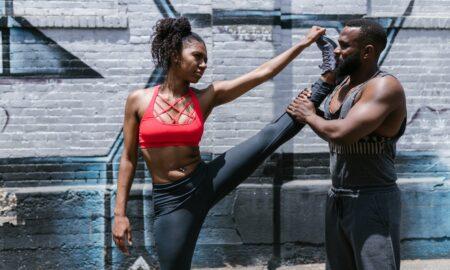
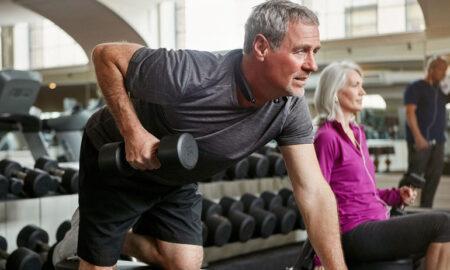
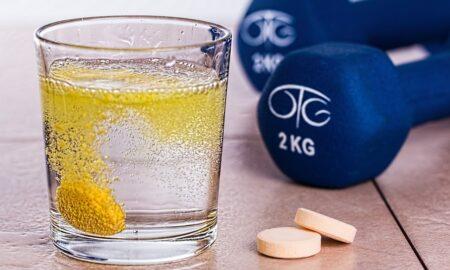

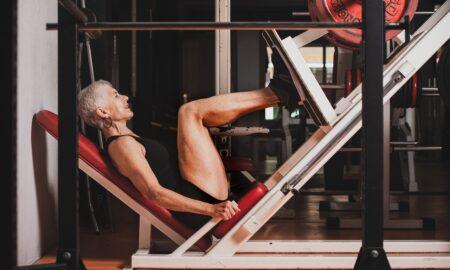
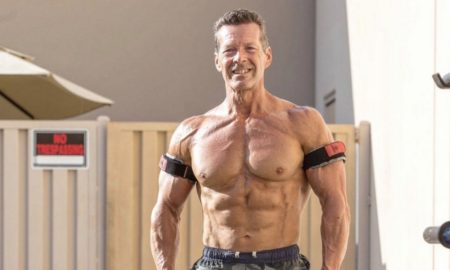
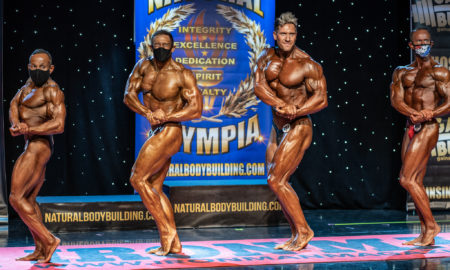
You must be logged in to post a comment Login